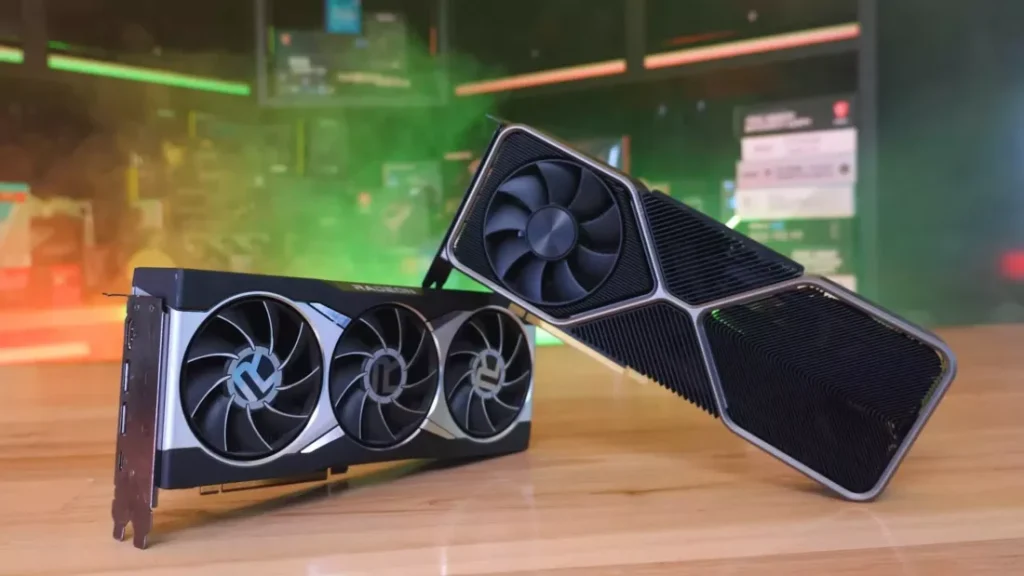Explore The World

Finding the best GPU involves considering several key factors to ensure it meets your specific needs and preferences. Here's a comprehensive description to guide you in the process:
Performance
and Power:- Look for a GPU that provides the performance you need for your intended use, whether it’s gaming, content creation, or professional applications.
- Consider power consumption and thermal performance, especially if you’re building a system with specific power constraints or if you’re concerned about heat management.
Budget:
- Determine your budget for the GPU. Prices can vary significantly, and there are options available for different budget ranges.
- Consider the value for money – the best GPU for you is one that delivers the performance you need at a price point you can afford.
Compatibility:
- Ensure the GPU is compatible with your existing system. Check factors such as the interface (PCI Express), physical size (fitting in your case), and power supply requirements.
Use Case:
- Different GPUs excel in various tasks. Gaming GPUs may differ from those optimized for content creation or professional applications like 3D rendering or scientific simulations.
- Identify your primary use case and choose a GPU tailored to those specific demands.
Resolution and Refresh Rate:
- If you’re a gamer, consider the resolution and refresh rate of your monitor. A higher resolution or refresh rate may require a more powerful GPU to provide a smooth gaming experience.
Ray Tracing and DLSS (Deep Learning Super Sampling):
- For gamers, consider whether you want features like real-time ray tracing and DLSS, which can significantly enhance graphical fidelity and performance in supported games.
VR Support:
- If you’re interested in virtual reality (VR), ensure the GPU meets the requirements for VR gaming or content creation.
Brand and Model Reputation:
- Research the reputation of different GPU brands and models. User reviews and professional benchmarks can provide valuable insights into real-world performance and reliability.
Future-Proofing:
- Consider the longevity of the GPU in terms of technology advancements. While it’s impossible to future-proof entirely, choosing a GPU with up-to-date features and good performance can extend its relevance.
Availability:
- Check for the availability of the GPU, as some models may be in high demand and challenging to acquire.
